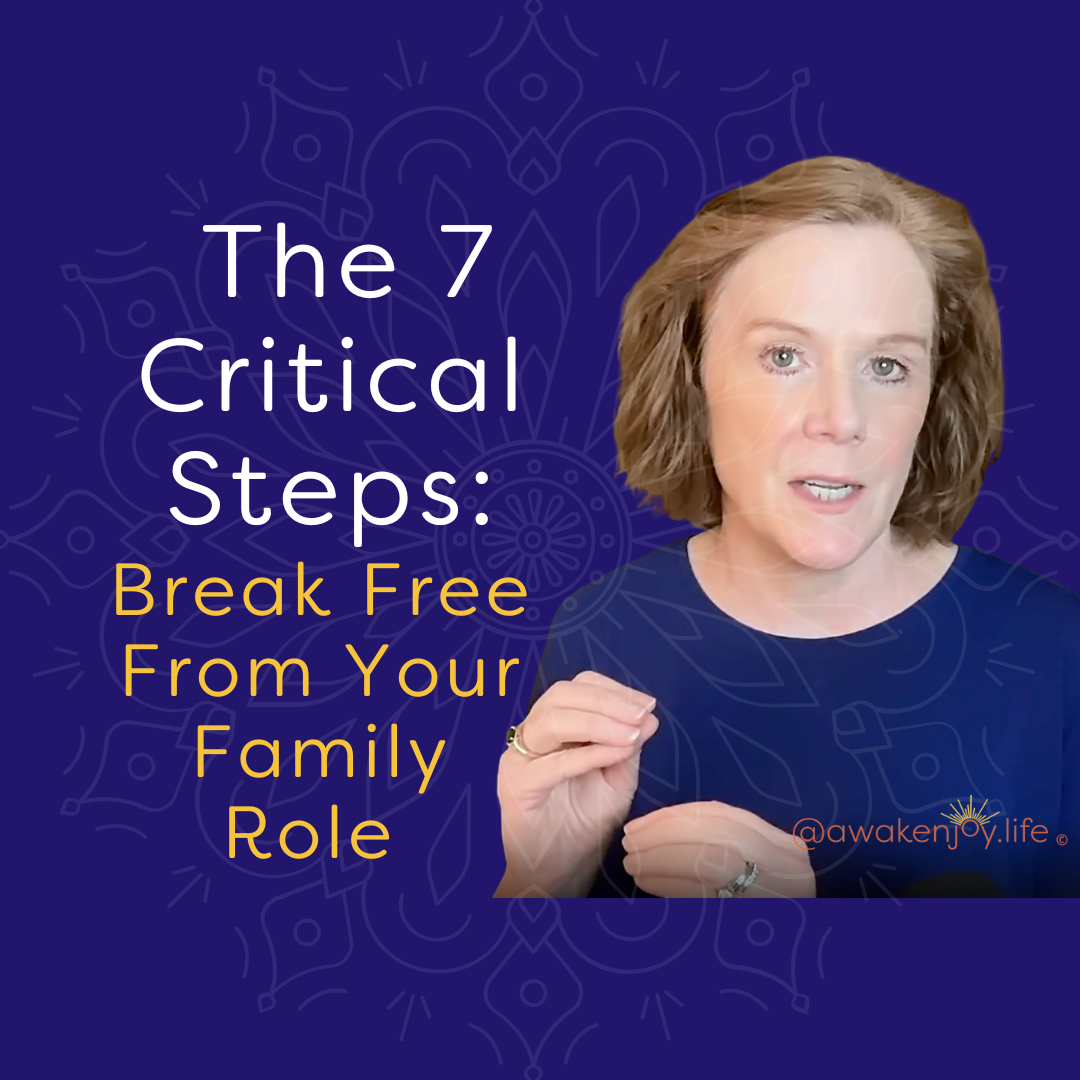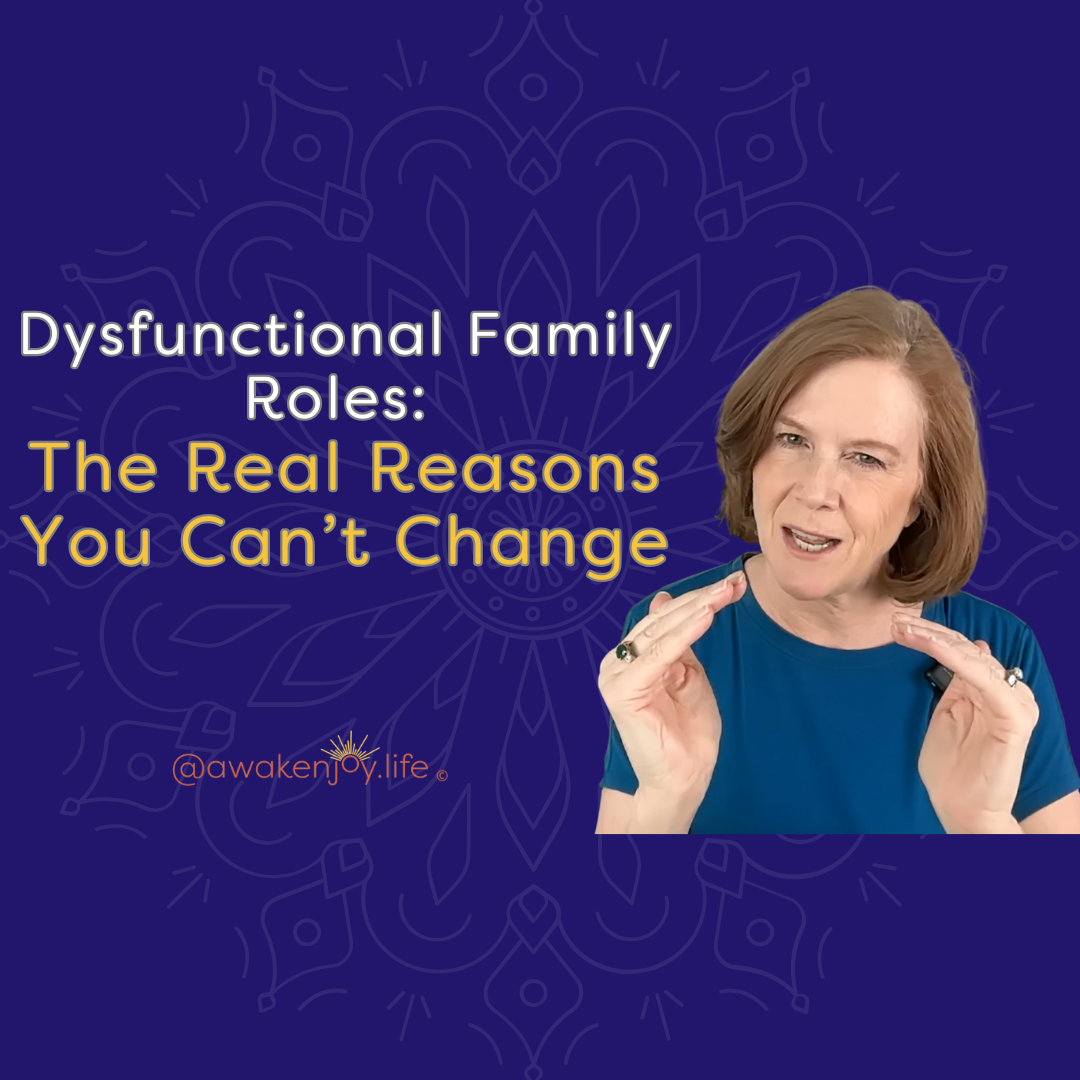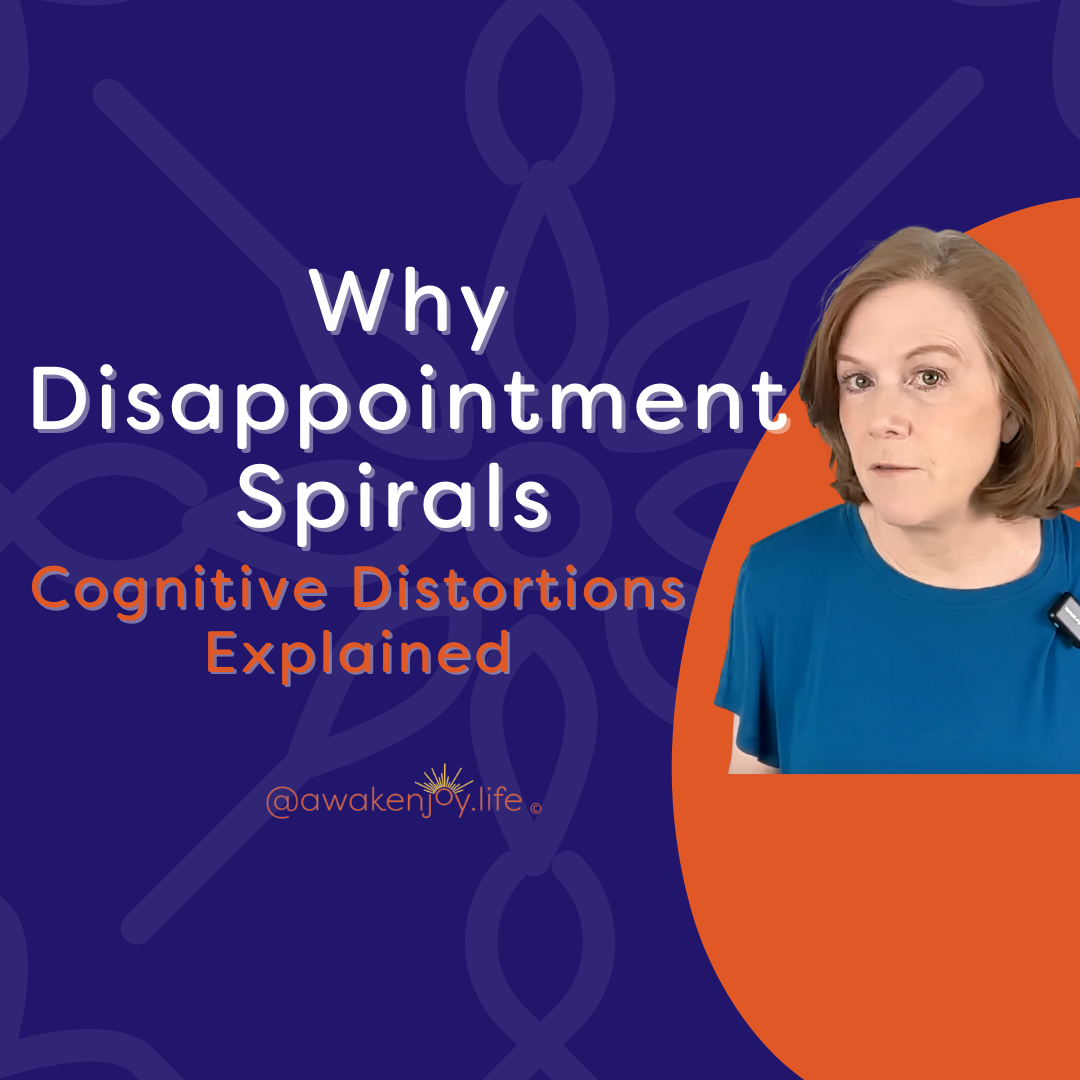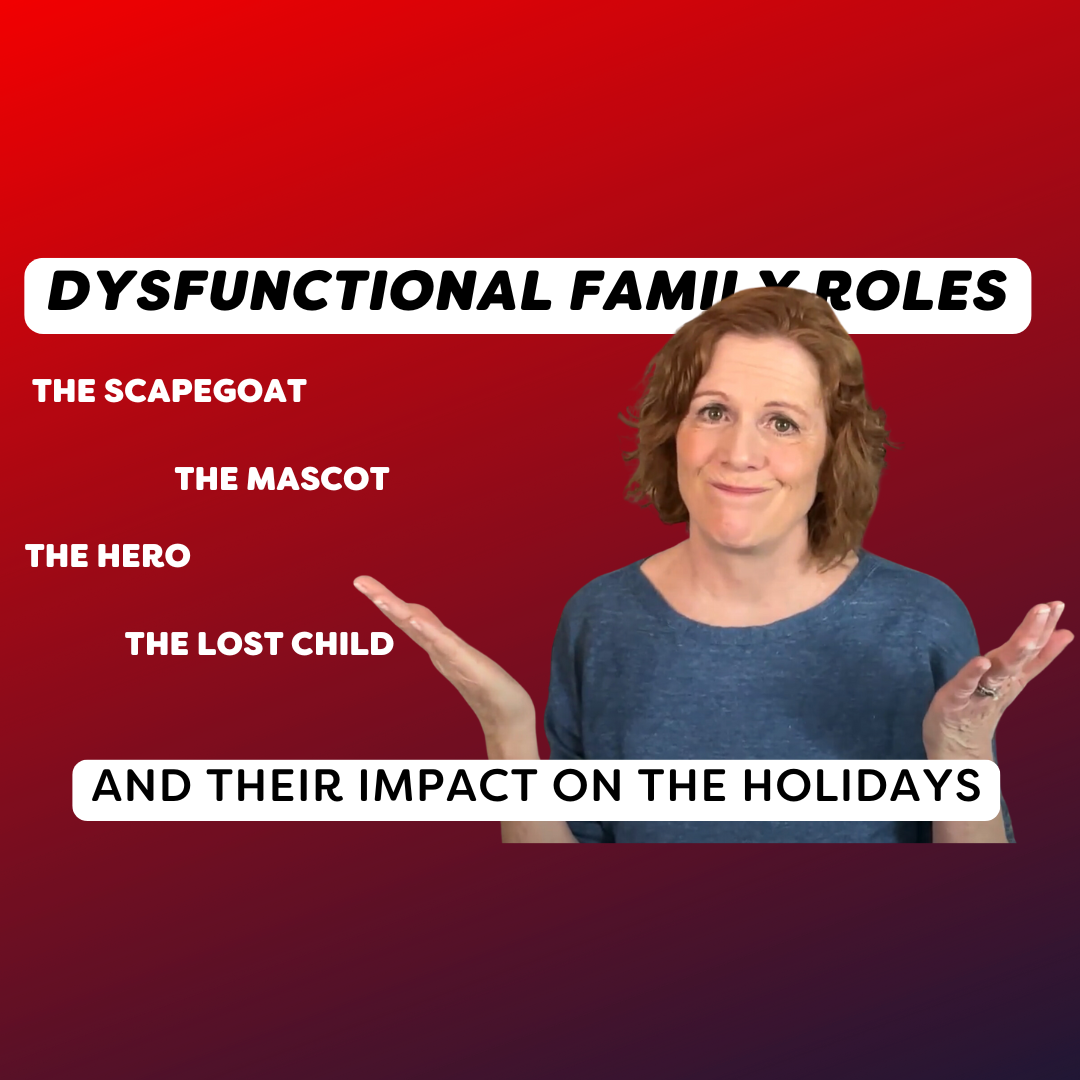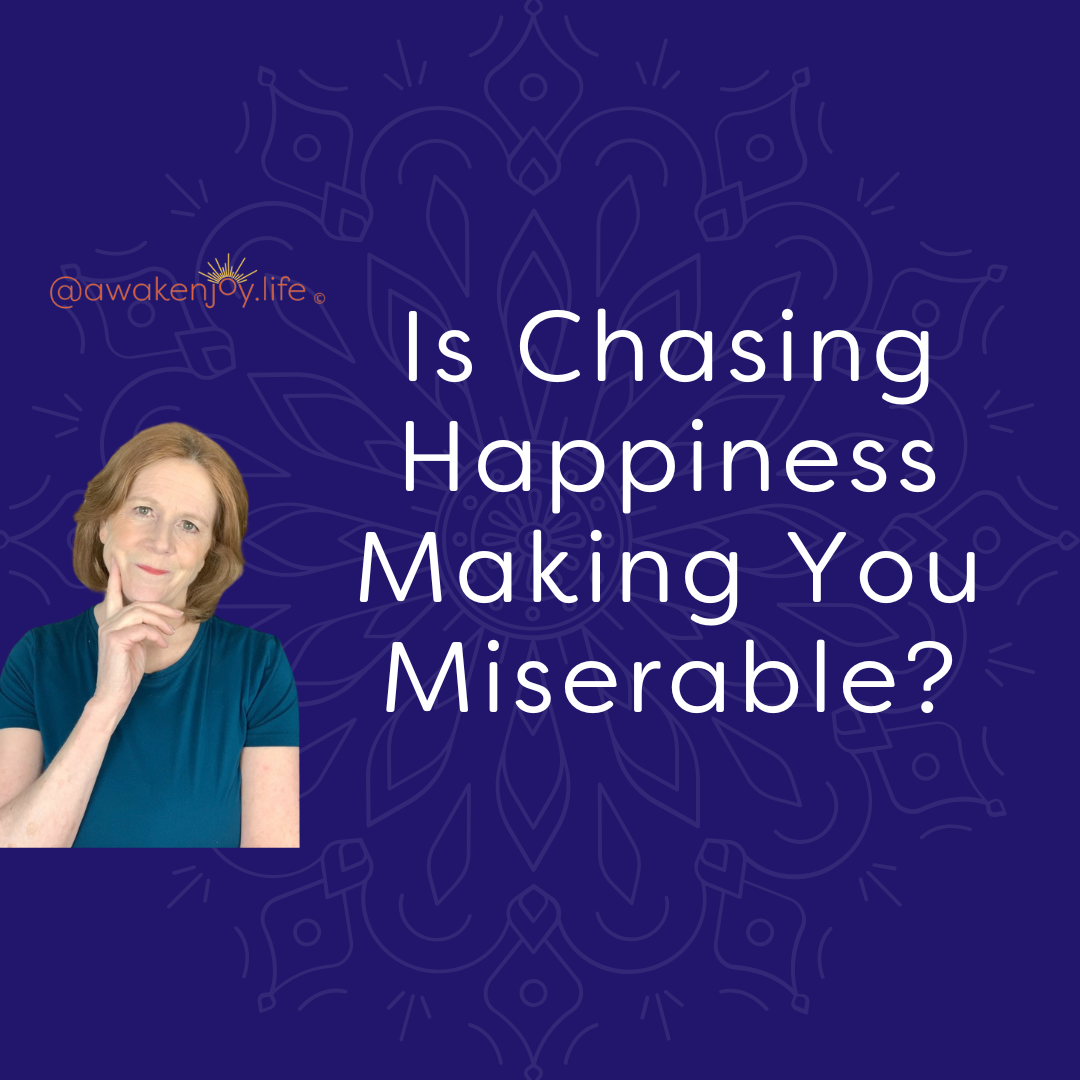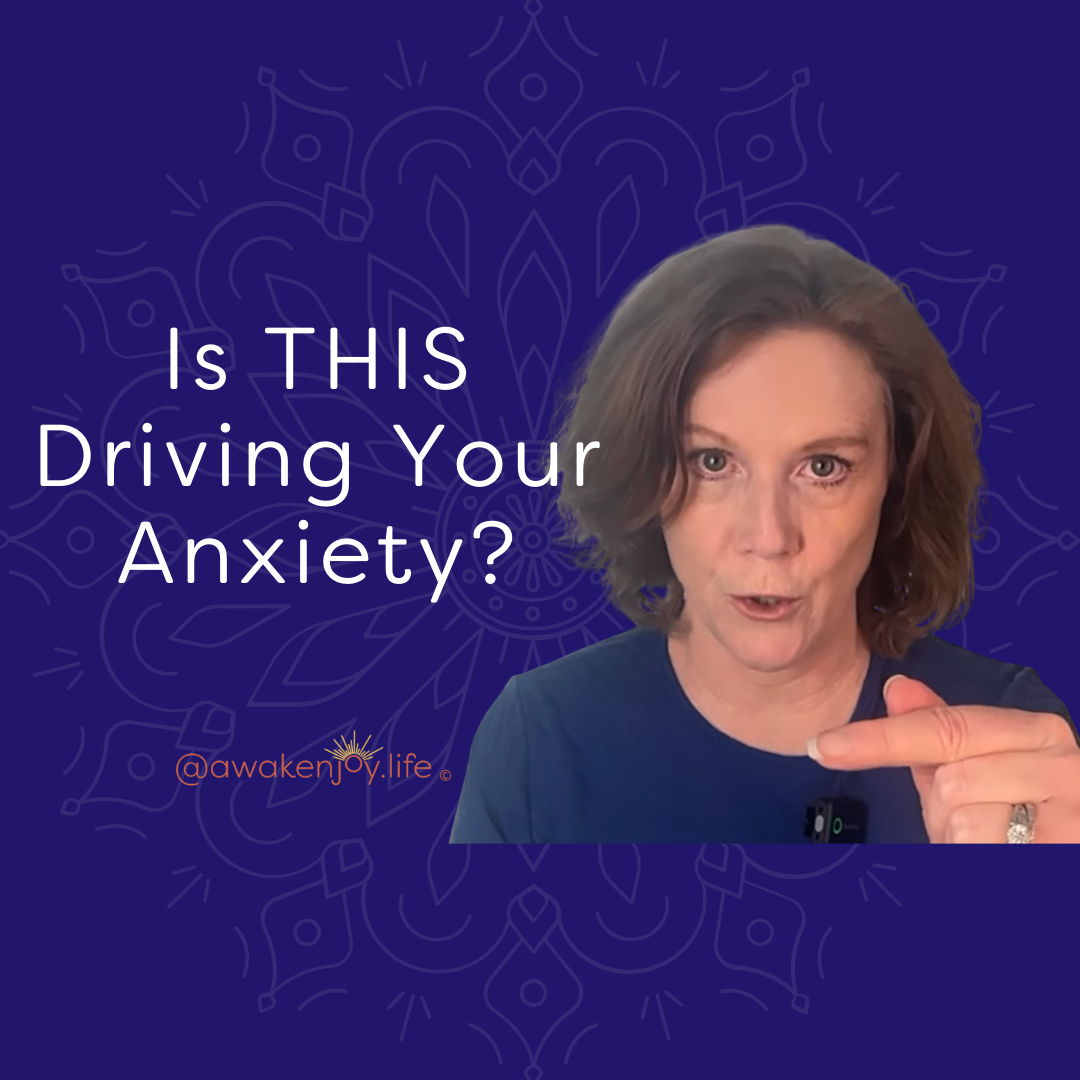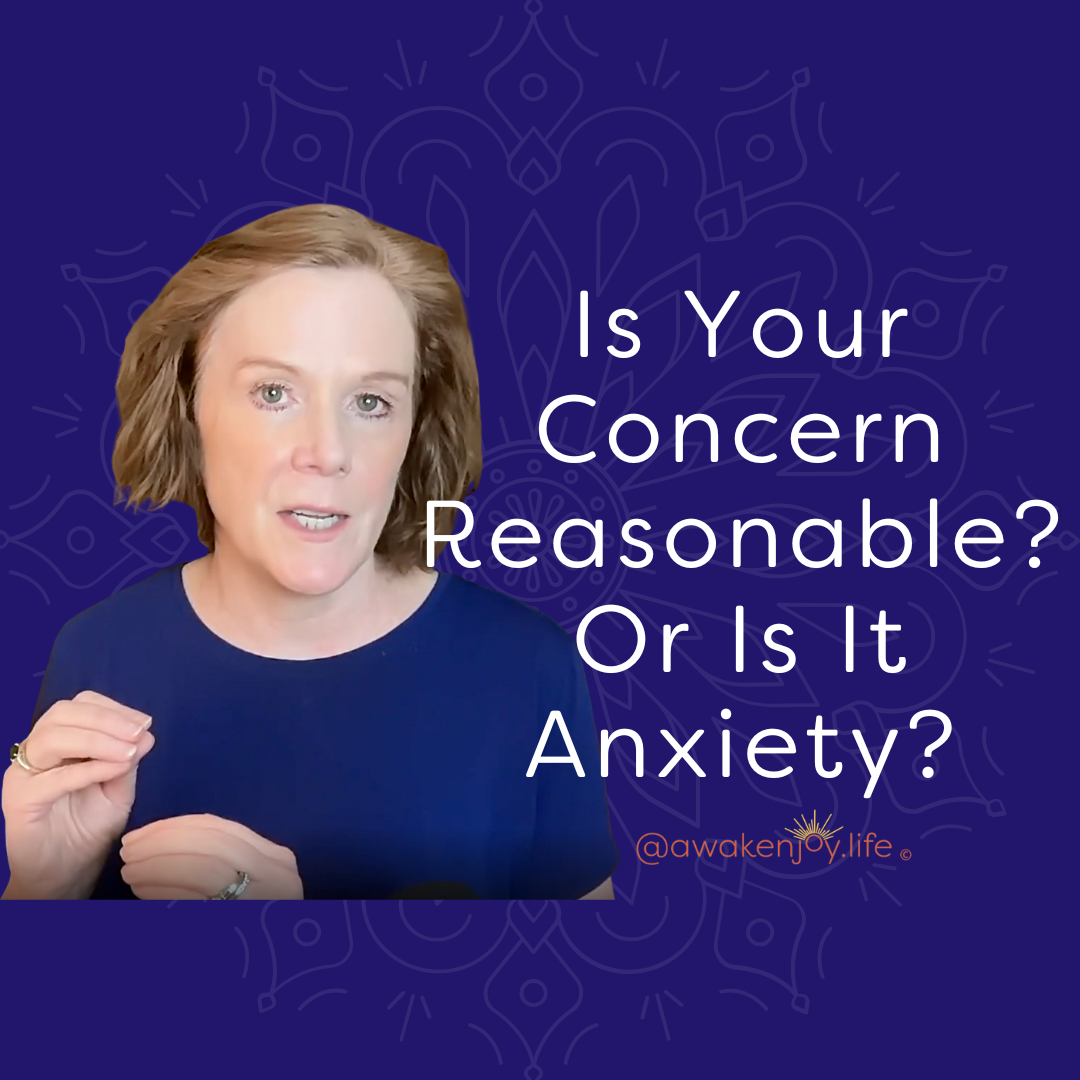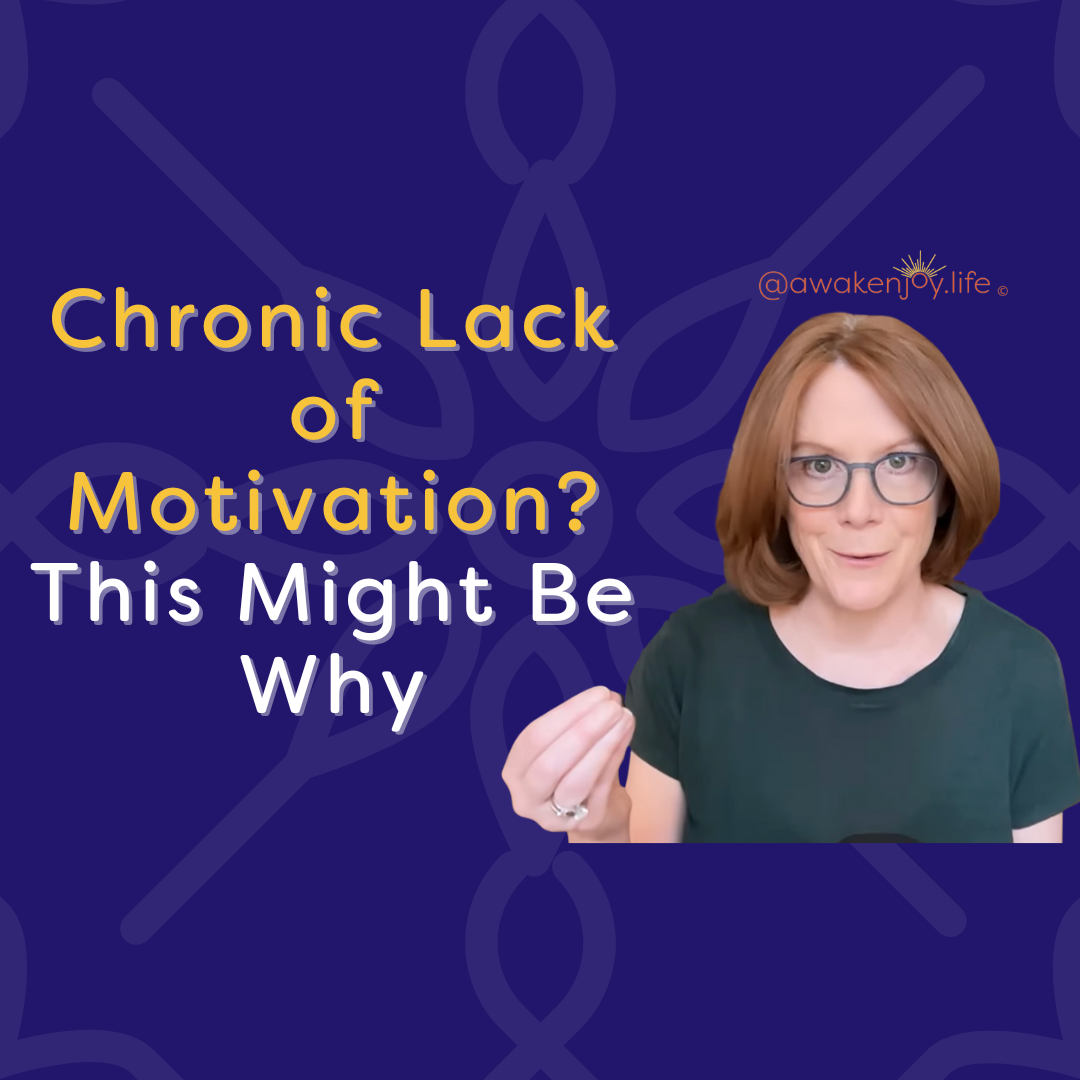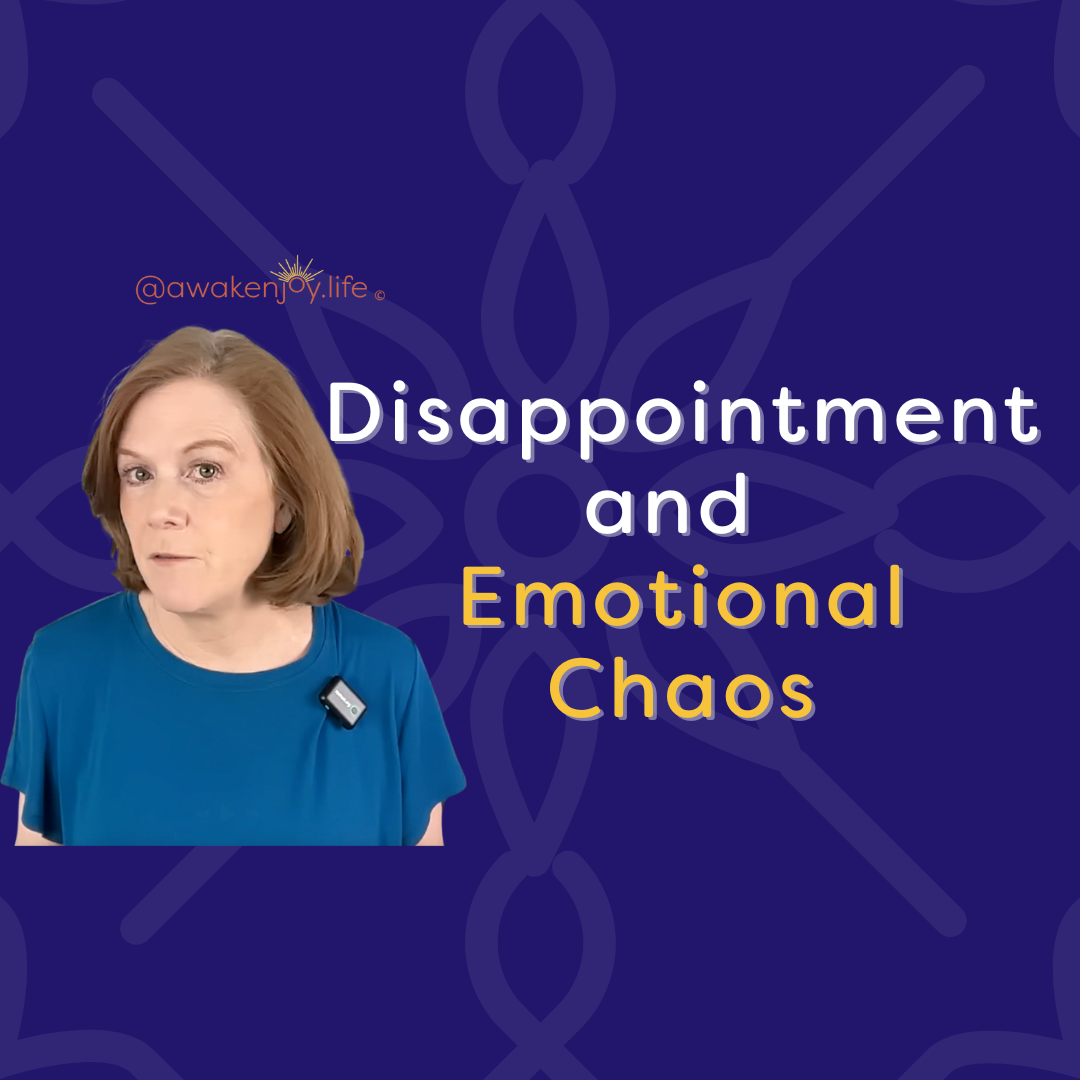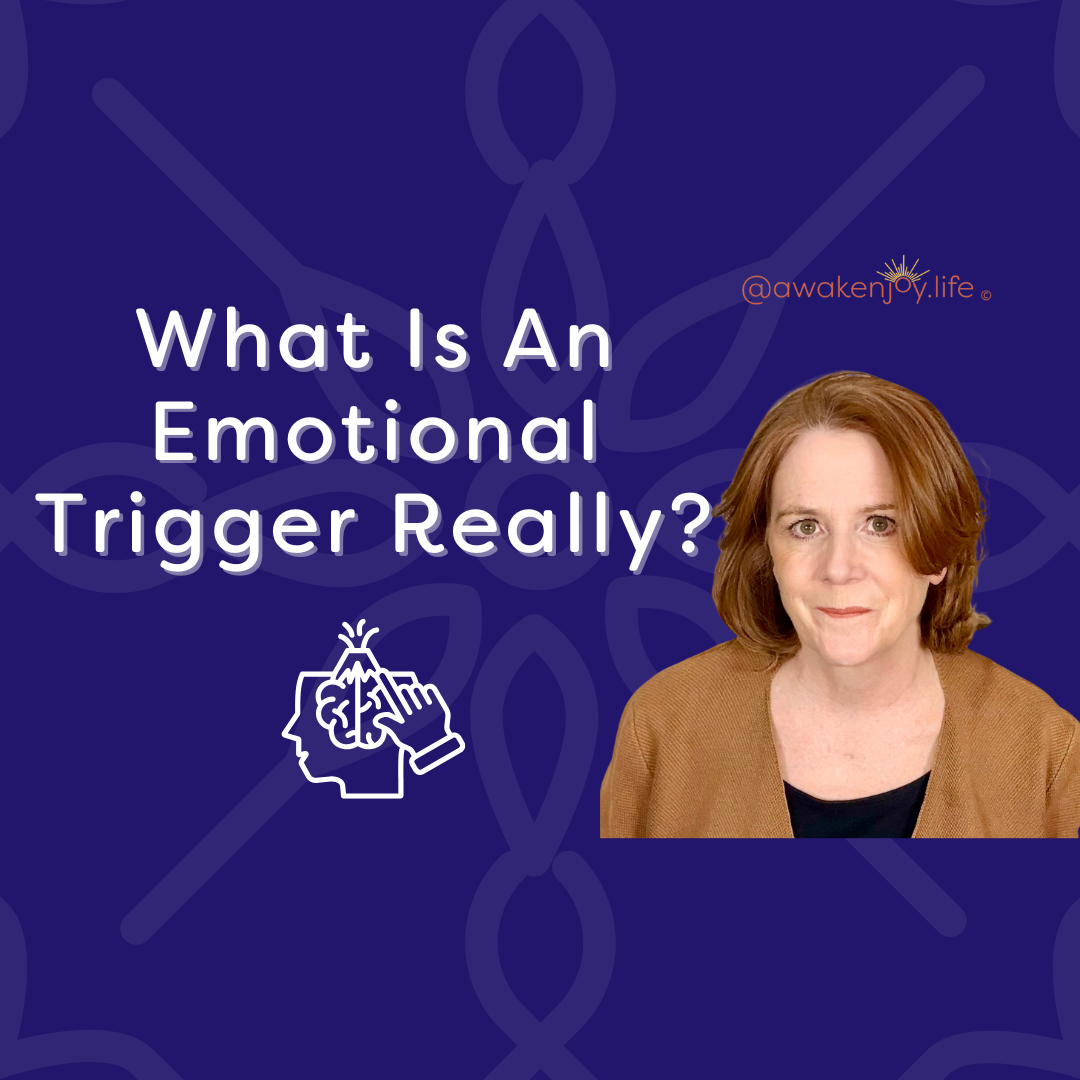The 5 Reasons People-Pleasers Are Indecisive

The 5 Reasons People Pleasers are Indecisive
Many people who consider themselves “people-pleasers” feel frustrated with their indecision. In fact, their difficulty making decisions is intricately tied to the underlying impulses, habits and beliefs of a “people-pleaser.” This blog will help you understand why your people-pleasing might be getting in the way of your ability to feel confident in your decision-making.
Perhaps you have found yourself with these circular thoughts:
- What should I do?
- If I pick that option, what will they think of me?
- But if I do what they want, I don’t think I’ll be happy.
- But, no one cares if I’m happy.
- Will those people be happy or will they be disappointed?
- What if I make the wrong choice?
- What if people don't like the choice I made?
- What if I get criticized?
- ·What if they get mad at me?
If you're a people pleaser, you were trained very early to pay more attention to what other people want, need, and value than to your own needs, wants and beliefs.
You learned to prioritize making other people happy over yourself. And you might also have learned that it's super important for people to like you.
And these habits become so ingrained that once you are an adult, it is all so automatic, you might barely be aware of it!
These habits can lead to a very hard time making decisions, and this blog will explain why. Knowing why will make it easier for you to begin to shift how you think about the decisions you are making.
#1 Reason People-Pleasers Are Indecisive
The focus on making others happy impacts decision making in a couple of different ways.
Primarily, it is important to recognize that it is impossible to make other people happy. Now, sometimes people will let us know in a very strong way what decision would make them happy. But honestly, it may or may not make them happy.
Secondly, their happiness is not only
their responsibility, and not yours, but it is truly out of your control.
Now, I'm not saying we shouldn't be nice to people, and, of course, we do influence others. But if we think that our decisions are going to determine whether somebody is happy or not, we are focusing on something we are powerless over. In my free webinar called Rewire Your Brain I talk about how people pleasing is a Sisyphean task.
And, if you are thnking right now, “Well, I do know how to make someone happy,” you are not alone! I heard this from many of the clients I had who were emotionally parentified. They received a lot of positive reinforcement for ignoring their own needs and trying to “fix” the emotions of a caregiver.
And, yes, temporarily, you can influence someone’s mood. But just as Sisyphus would feel he was making progress getting that boulder uphill, the second he got up there, it rolled back down. You were not able to fix your caregiver’s [fill in the blank: depression, rage, alcoholism, etc.]. The in-the-moment success you might have felt was not going to accomplish what you really wanted… and nothing else you could do would fix it either.
#2 Reason People-Pleasers Are Indecisive
Most people pleasers that I have known have a very misguided concept of what selfishness means. In my psychotherapy practice (and I also have personal experience with this when I’ve been in a ‘people-pleasing’ mode!), the people who tended towards people pleasing would always be worried:
“Well, if I do that, is it selfish?”
“I don't want to be selfish.”
“I don't want to make a choice that’s selfish.”
“But I’ll be called selfish.”
We are taught what selfishness means in the same households that we grew up in, where we learned to put other people's opinions, beliefs, needs, and wants ahead of ours.
One of the best definitions of selfish that I've ever heard is that you are selfish when you aren't doing what the other person wants.
So unfortunately, in certain families and certain family systems, children can be taught that it's selfish if they're not doing what the caregiver wants. This is less damaging if the caregiver is a “good-enough” parent (though I’d recommend different language than using the word "selfish"). But if the caregiver is needy, immature, narcissistic, or even just overwhelmed with all their other responsibilities, this can negatively impact the child’s self-esteem and impede the child’s ability to develop healthy boundaries and healthy self-care.
I'm not saying that children don't have to do sometimes what the caregiver wants. It is often necessary for the functioning of the household, the safety of the child, the good of the family. But a child’s resistance to doing what the caregiver wants is likely related to normal childhood development, not selfishness.
· Children have limited impulse control.
· They do not have the ability to plan as far forward as an adult.
· They can not assess risk adequately.
But none of this is related to selfishness. It is related to the fact that the human frontal lobe doesn’t fully developed until about age twenty-five!
So, adults, hopefully, particularly if they're basically a good parent, need to provide guidance and structure and all sorts of things, right? But to attribute a child's resistance to the guidance to selfishness is very different than attributing it to the fact that children don't think as far forward as a parent does.
#3 Reason People-Pleasers Are Indecisive
Prioritizing our desire that others like us is going to keep us in a spinning loop of thoughts. A key thing to realize is that it is impossible to make everyone like us! (Yes, similar to how it is impossible to make others happy!)
Trying to suss out what someone else wants or would like is engaging in an Agatha Christie plot for every simple decision, yet it isn’t as fun!
Not everybody's going to like us. And, often, whether others like us or not has nothing to do with us. People have all sorts of preconceived notions and prejudgments. They may not like themselves or they may not like a quality in themselves that they think they see in you, or they see something in you that they wish they had. People like us or don't like us for all sorts of reasons.
It's normal to want to be liked. We all want to be liked, but prioritizing it over our own needs, and maybe even our own values, is unlikely to lead to a happy life. (And I do talk about this a lot more in my YouTube videos and other blogs on people pleasing).
So the next two reasons get to the core of the issue.
#4 Reason People Pleasers are Indecisive
When you are trained to be a people pleaser, you lose touch with your own wants, needs, and desires. You lose touch with how you feel. You might even feel that you were never in touch with your own feelings.
If, since the time you can remember, you were focused on what other people were feeling, you don't develop your own ability to know what you feel. If you don't know what you feel, how do you know what you want? If you don't know how you feel, how do you know what you value?
If you are confused about what is selfish and what is not, you will have a hard time understanding the difference between wants and needs – yours and others.
In relationships, we do sometimes have to sacrifice our wants for other people’s needs. And in some cases, we do have to sacrifice our needs for other people’s needs (when we parent a young child, for example!).
But if the other person is an able-bodied adult, it generally does not make sense for us to sacrifice our needs for their wants.
Needs vary from survival-based needs (to eat, sleep, rest, have shelter), all the way up to higher level needs such as self-actualization and living in alignment with your values. Yes, it is ok to think of those as needs for yourself! Those are components required for a happy life, and you're the only one who can do that for yourself. Other people are the only ones who can do it for themselves.
So the confusion around selfishness makes it impossible to have healthy boundaries and to know what you need, want, desire or value. And without those components, how can you make good decisions?
#5 Reason People Pleasers are Indecisive
Decision-making requires an understanding of one’s values and goals.
Most of the time that we have trouble making a decision, it is because our values are in conflict. So if a people pleaser values making somebody else happy, that will often conflict with their other values, whether those values are self-care, or achieving more at work, or working less, or…
How does one weigh the different options? There's a conflict.
We have value conflicts all the time. They do make life complicated, but they are a reality.
Spending time really understanding what you value and how you rank them is a wonderful exercise to not only improve decision-making, but to understand yourself better and move toward a more empowered way of thinking.
Taking the time to think through your goals is also critical. What are your goals? What does self-actualization mean for you?
One of my online programs,
Roadmap to Joy and Authentic Confidence,
has helped numerous self-proclaimed “people-pleasers” move to a more empowered way of living, which continues to incorporate compassion and kindness for others. We don’t have to give those things up. We just need to:
- Be clear on what is our responsibility, and what is someone else’s (boundaries)
- Heal the negative core beliefs that are developed when we are young which drive our behavior and feelings of low self-worth.
- Clarify for ourselves what our values are and how we want to live them out.
Let me know what you thought of this blog! Do you agree? Disagree? Comment below! And if you have any questions, please post them below.
Other blogs you might be interested in:
7 Signs of a People-Pleaser,
Were You Parentified as A Child?,
Is It Anxiety or Intuition?
Blog Author: Barbara Heffernan, LCSW, MBA. Barbara is a licensed psychotherapist and specialist in anxiety, trauma, and healthy boundaries. She had a private practice in Connecticut for twenty years before starting her popular YouTube channel designed to help people around the world live a more joyful life. Barbara has a BA from Yale University, an MBA from Columbia University and an MSW from SCSU. More info on Barbara can be found on her bio page.
Share this with someone who can benefit from this blog!
